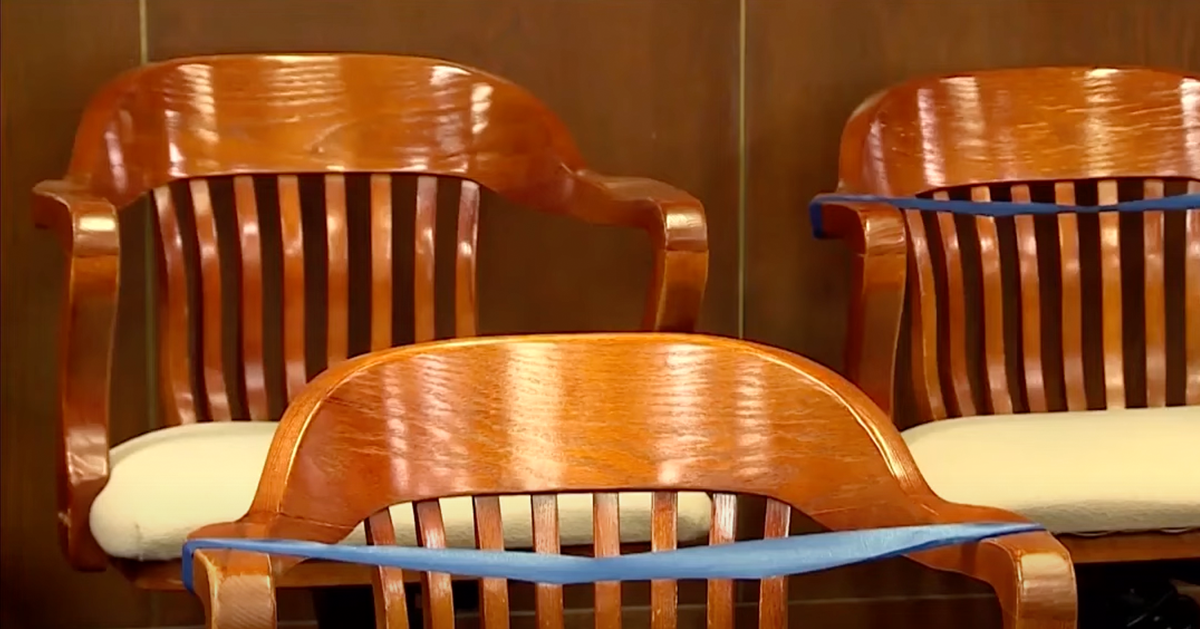Michigan Supreme Court Supports Township In Drone Photo Dispute
In a precedent-setting decision, the Michigan Supreme Court has sided with Long Lake Township in a privacy dispute involving drone photography of a rural salvage yard.
The panel ruled that drone photos taken without the landowners' consent were permissible for enforcing local laws, as Fox News reports.
The controversy took root when Long Lake Township deployed drones over the property of Todd and Heather Maxon in 2017 and 2018.
These actions were prompted by neighbor complaints suggesting that the Maxons were improperly storing numerous cars and other items on their property, potentially violating local ordinances.
The Maxons raised concerns that the aerial photos constituted an unlawful search of their property. They argued this violated their rights to reasonable privacy and protection against unreasonable searches.
Suit Stems From Settling of Prior Case
This legal skirmish was not the first encounter between the township and the Maxons.
An earlier lawsuit had concluded with a settlement that restricted the use and condition of the Maxons’ property. The drone surveillance aimed to check compliance with these terms.
The core of the dispute centered on whether capturing pictures from the air without permission should be considered a breach of privacy. The Maxons contended that it did, framing this as an unreasonable search under the Fourth Amendment.
Court's Decision Pivotal for Local Governance
The Michigan Supreme Court, however, provided clarity on the use of modern surveillance tactics in municipal regulation. In their unanimous decision, the justices deemed that the aerial surveillance was crucial for the enforcement of zoning and nuisance statutes.
Justice Brian Zahra, writing for the court, articulated that because the dispute was a civil matter, the exclusionary rule -- which usually blocks the use of evidence gathered through violations of the Fourth Amendment in criminal cases -- did not apply here. Thus, the drone-captured evidence was admissible.
Broad Implications for Privacy and Surveillance
The court’s decision avoids a deeper exploration into whether such drone surveillance might violate constitutional protections against unreasonable searches.
“We decline to address whether the use of an aerial drone under the circumstances presented here is an unreasonable search in violation of the United States or Michigan Constitutions,” the Michigan Supreme Court stated.
This ruling drew attention from various legal and privacy advocacy groups. Organizations like the ACLU of Michigan and the Cato Institute supported the Maxons, arguing for more stringent privacy safeguards.
Conversely, the Michigan Townships Association and Michigan Municipal League backed the township's stance, highlighting the need for effective enforcement tools in local governance.
Local Enforcement and Individual Rights
The case reflects a broader national debate over the balance between individual rights and the need of community regulation. It underscores the challenges that arise with technological advancements in surveillance methods.
As government entities increasingly turn to drones for regulatory enforcement and monitoring, this ruling may set a significant precedent for how similar cases are approached across the US.
Conclusion
In conclusion, the Michigan Supreme Court's ruling clarifies the legal landscape regarding the use of unmanned aerial vehicles for surveillance by local authorities.
It underscores the potential admissibility of evidence obtained from such methods in civil cases and marks a significant point in the ongoing dialogue about privacy and technological surveillance in America.





